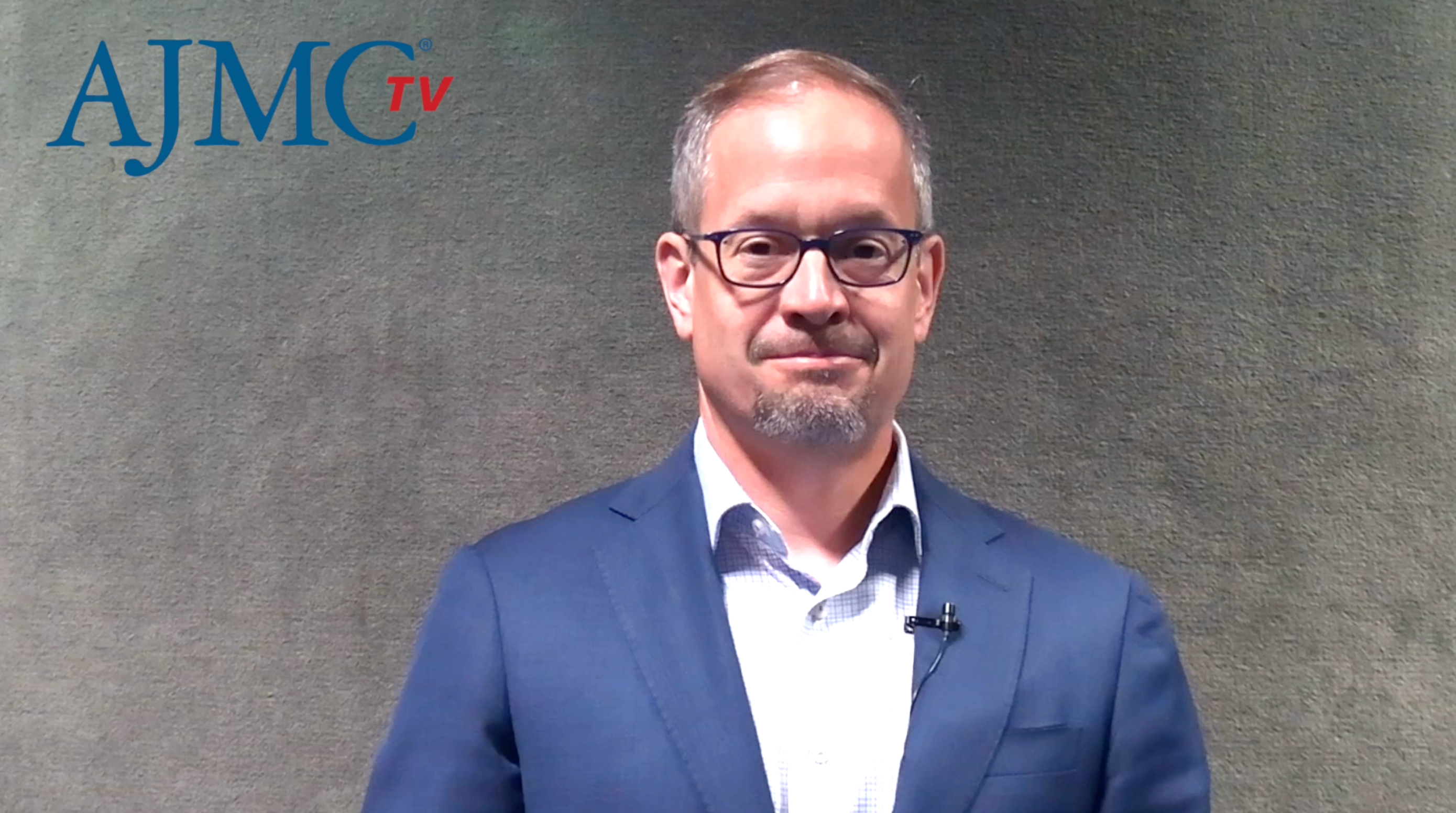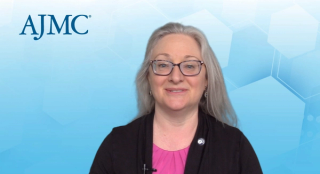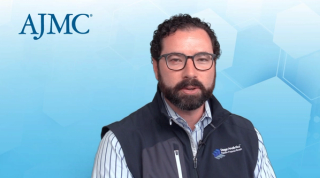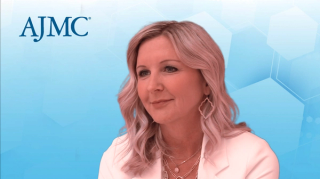
Health Care Cost
Latest News

Latest Videos

CME Content
More News

Neha Kashalikar, PharmD, director of strategic pharmacy consulting at MassHealth, breaks down the outcome measures often used in pharmacy and medical claims to evaluate the performance of value-based contracts.

A series of new studies from the National Kidney Foundation Spring Clinical Meeting exhibit the association between impaired kidney function and prolonged hospital stays, higher charges, and greater resource utilization.

A group of experts discusses the use of continuous glucose monitoring (CGM) technology in diabetes and its transformative potential in managing the disease.

A new technology for management of diabetes is cost-effective for patients in the US with type 1 diabetes compared with traditional treatments.
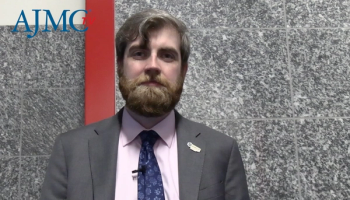
Adam Colborn, JD, associate vice president for congressional affairs, Academy of Managed Care Pharmacy, highlights key policy updates that are impacting managed care pharmacy.

Taxing imports to the US could spell major consequences for health care prices, innovation, and access, as a great amount of medical supplies and ingredients are manufactured overseas.

The Center on Health Equity & Access delves into the latest policy shifts, research, and expert perspectives on advancing equity and improving access to care.

In 2021, UnitedHealth Group received 42% of the $33 billion in additional Medicare Advantage payments from differential coding.

Addressing the accessibility and high costs of chimeric antibody receptor (CAR) T-cell and bispecific therapies is crucial for maximizing their impact in multiple myeloma (MM).

The West Health-Gallup Healthcare Indices Study indicates that approximately 29 million people are unable to afford or access quality healthcare, the highest since 2021.

The findings appear as multiple lawsuits pit pharmaceutical companies against hospitals as well as HHS.

This commentary explores the current state, challenges, and potential of artificial intelligence (AI) in health care revenue cycle management, emphasizing collaboration, data standardization, and targeted implementation to enhance adoption.

Mapping care management needs by defining patient populations and then stratifying them according to risk and their needs can help to spur the transformation of a siloed health care system into an integrated system that is able to better provide holistic, value-based care despite the many transitions that continue among hospital, primary, specialty, and community care environments.

Medication nonadherence to oral anticoagulants and oral anti–prostate cancer medication has been scrutinized through new research conducted among patients and health care providers and presented by the American Medical Group Association at its 2025 annual meeting, held March 26-29 in Grapevine, Texas.

A new Commonwealth Fund report estimates that states' collective gross domestic products would shrink by $95 billion, with total economic output declining by $157 billion.

As managed care pharmacy navigates rapid transformations in policies, high-cost drug strategies, and innovative therapies, the upcoming AMCP annual meeting will provide critical insights into legislative impacts, drug affordability, formulary design, and emerging treatment trends.

The Trump administration has expressed interest in eliminating or changing the Division of HIV Prevention in the CDC, which could introduce gaps in addressing the HIV epidemic.

The researchers emphasized the need for ongoing research and advocacy to further address drug affordability.

This commentary explains why comparing a launch price with a value-based price from a cost-effectiveness analysis requires further examination.

Ajai Chari, MD, University of California San Francisco, explores the challenges that accompany integrating chimeric antigen receptor (CAR) T-cell therapies into multiple myeloma treatment.

Medication costs are only a piece of the puzzle when clinicians think about health care access, explains Leigh Maria Ramos-Platt, MD.
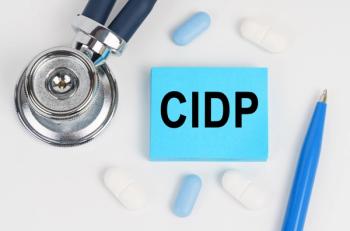
Chronic inflammatory demyelinating polyneuropathy (CIDP) can have a substantial impact on patients everyday life and, consequently, put added stress on health care systems.

Data on care satisfaction, ease managing care, and out-of-pocket spending were the outcomes of interest for this new analysis that investigated the relationship between healthcare utilization and beneficiary experience within traditional Medicare.

Michael Chernew, PhD, professor of health care policy and director of the Healthcare Markets and Regulation Lab, Harvard Medical School, shares how cost-sharing policies shape access to critical health care services and influence value-based insurance design.
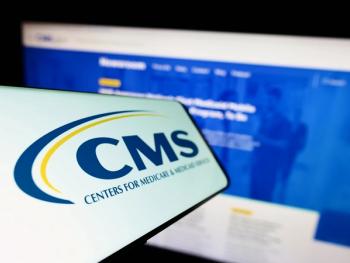
Mehmet Oz, MD, the nominee to lead CMS under the Trump administration, testified in a confirmation hearing before the Senate Finance Committee, where he found common ground on improving outcomes through healthier lifestyle choices but encountered repeated questions on potential Medicaid cuts.


